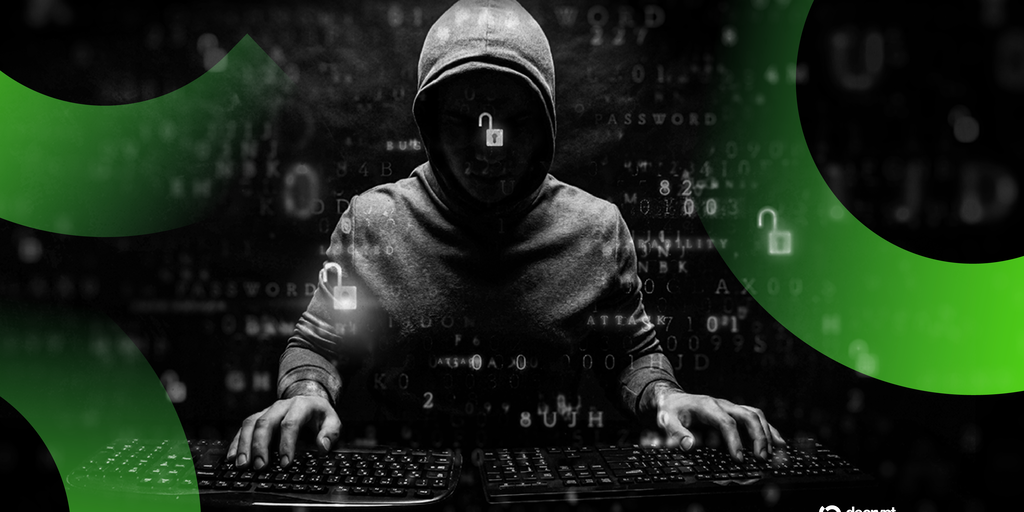Yesterday’s partial verdict in U.S. v. Roman Storm carries implications extending far beyond the fate of the Tornado Cash developer. The ruling sends shockwaves through the DeFi protocol community, dampening prospects for greater U.S. market access and highlighting chilling effects on the open-source development world.
Sketchy Legal Foundations
The verdict’s foundation rests on how Section 1960(b)(1)(C) of Title 18 U.S.C. defines “money transmission.” Traditionally, this term refers to acting as a custodial intermediary, handling others’ funds. However, the Southern District of New York (SDNY) prosecutors successfully persuaded the jury that deploying immutable, non-custodial smart contracts qualifies as money transmission.
Coin Center executive director Peter Van Valkenburgh critiqued this flawed logic, stating: “I can’t transfer your funds if I don’t have them in my possession and in my control.” This accurately describes Storm’s Tornado Cash service: fully non-custodial.
Furthermore, the government disregarded FinCEN’s 2019 guidance, which explicitly exempts non-custodial software providers from Money Service Business (MSB) liability. According to Fund DeFi’s Amanda Tuminelli, the DOJ contends they can formulate their own interpretations, potentially overriding regulatory guidance.
This disregard for established regulatory frameworks undermines legal clarity and due process principles.
A Warning for Every DeFi Developer
Developers creating neutral and useful software tools face significantly increased risk under this ruling. This verdict suggests that simply publishing code could expose individuals to criminal liability, irrespective of intent or actual fund control. While a single case, its consequence sends a chilling message to developers nationwide.
Critically, the ruling exemplifies the elastic nature of U.S. jurisdiction. As Van Valkenburgh aptly labels SDNY, developers operating anywhere can potentially face legal action if a user within a specific jurisdiction utilizes their code. Recent developments involving Storm and the Samourai Wallet developers underscore this potential blueprint for future prosecutions.
DOJ’s Approach: Unfair, Hypocritical, and Dangerous
Prosecuting a developer who never handled customer funds, while large financial institutions accused of multi-billion dollar money laundering scandals evade significant personal consequences, reveals hypocrisy.
Consider the 1MDB scandal, where USD 4.5 billion was misappropriated globally, involving major financial institutions. While the SEC halts enforcement approval for major digital-asset ETFs citing concerns about approval flood, resolving the 1MDB case, billions were laundered; settlements involved billions but no high-level executives faced conviction or lengthy prison sentences.
Goldman Sachs ultimately avoided criminal conviction and faced no charges against senior executives regarding its role in 1MDB bond sales, resolving the matter in 2024. In stark contrast, Storm, whose offense was merely creating and deploying open-source smart contracts, faces a maximum sentence of five years.
Experts argue this represents a double standard. As Van Valkenburgh states, “If you don’t handle other people’s money, you shouldn’t be held to the same regulatory expectations as a bank.” Criminalizing certain open-source activity diverts resources from higher-level systemic financial crimes.
Political Remedies Needed
The Blockchain Regulatory Certainty Act (BRCA), attached to the CLARITY market-structure bill, seeks to clarify: non-custodial developers are not money transmitters. Van Valkenburgh characterizes this as a “really good simple statutory drafting exercise to clamp the brakes on this abuse of prosecutions,” though it fails to offer retroactive relief for Storm.
Commissioner Hester Peirce of the SEC, advocating for financial privacy as a constitutional right and urging prudence against criminalizing privacy-protecting technology, offers a parallel perspective. Her views align against heavy-handed government intervention.
Storm’s legal team is appealing the conviction, contending the jury was improperly denied the opportunity to fully determine the applicability of the money transmission definition under Section 1960. Resolution may come through legislative means or reinterpretation.
The legal saga isn’t over, but politically, the battle for regulatory certainty and fair enforcement is just beginning.











